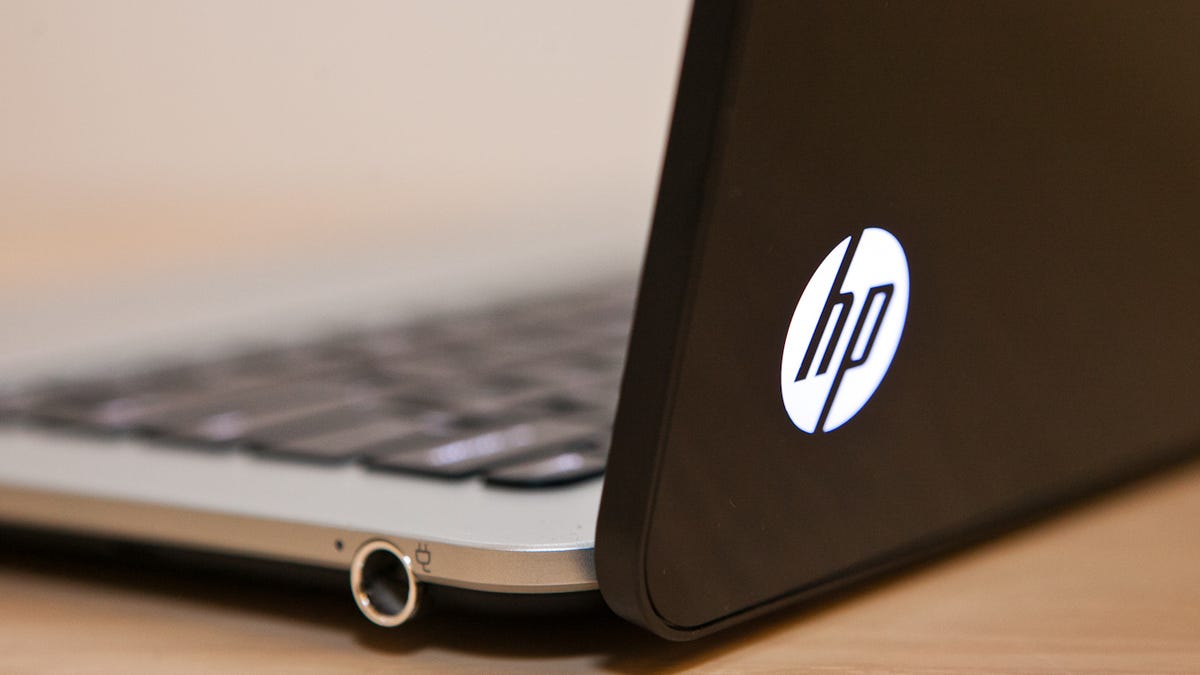MIA laptops at CES 2012: Alienware, Vaio, and others have little to show
Many PC makers had either a single laptop to show off at CES 2012, or else none at all.

LAS VEGAS--The biggest surprise of CES 2012 is not what we've seen here at the show, but what we haven't. In a radical departure from previous years, several major laptop makers are missing in action, while others are showing off only a single major new product, if anything.
Instead of hosting its usual giant press conference and hotel suites full of products to demo, Dell instead introduced a single laptop, the XPS 13 ultrabook. If it was going to highlight just one laptop, Dell certainly picked the most relevant one, but last year's CES saw several systems across different categories.
Dell's sister brand, Alienware, had nothing new to show, despite scoring big at past CES events with systems such as the M11X.
HP likewise stuck to a single major new laptop, the Envy 14 Spectre. It's an innovative system with a cool design (and our Best of CES winner in the computers and hardware category), but HP's other new laptops, the revamped Envy 15 and Envy 17, and the Folio 13 ultrabook, had already been released last month.
Toshiba typically has new models spilling from its various Satellite, Qosmio, and Portege laptop lines. But at CES 2012, it only had a single product to show off, an unnamed 14-inch ultrabook prototype.
Also missing in action were new systems from Sony's Vaio line and anything notable from Asus, a company that typically brings several boundary pushing laptops to Las Vegas. Sony displayed a couple of potential future laptop/tablet prototypes under glass, and Asus brought a single new laptop, a fish-out-of-water Netbook (something that's kind of hard to get worked up about these days).
Of the major laptop makers that serve the U.S. market, only Lenovo and Samsung came through with traditional full slates of new laptops. Why the lack of new systems? Talking to the various PC makers, a few themes developed. First, the double play of Windows 8 and Intel's next-gen CPUs is reportedly close, but not reliably dated. Any new products shipping soon face the danger of being outdated in six months, and showing off a laptop that relies on one or both of those new technologies means that full spec details and release dates are impossible to provide.
Second, and more troubling for future CES shows, the big sales seasons for laptops--back to school and the holidays--are increasingly important, but don't lend themselves well to previewing products six-to-nine months early at a January trade show.
Fortunately, despite not having a high volume of specific new models to talk about, PCs, and laptops in particular, still managed to be the most talked-about part of the show, thanks to Intel's relentless ultrabook hype. You can catch up on our wrap-up of all the 'computers and hardware' category highlights right here.

